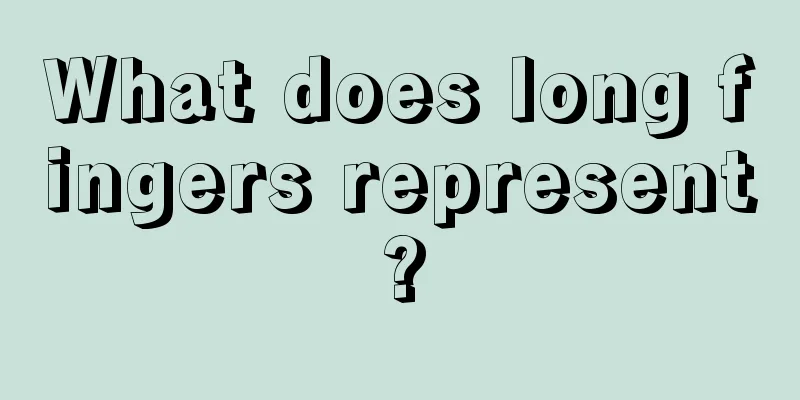Bitcoin privacy tool CoinShuffle successfully completes first transaction

|
Anonymous bitcoin transactions, something privacy advocates have long hoped for, have finally been successfully tested. Earlier this month, CoinShuffle completed a transaction on the Bitcoin test network. The transaction was the first real-world use case for CoinShuffle, which was officially launched in April 2014 and is well known for its privacy technology that does not rely on third parties. Prior to this, CoinShuffle was still in the proof-of-concept stage. But everything changed after August 15, when Bitcoin developer Daniel Krawisz successfully completed the first transaction using this tool. The ultimate goal of CoinShuffle technology is to protect users' sensitive information and prevent it from appearing on the Bitcoin public chain. But the short-term goal is to combine it with the system of Mycelium, a Bitcoin wallet service provider. Mycelium was officially launched in 2013 and is the sponsor of CoinShuffle. Recently, Mycelium released a development roadmap for the "fifth phase" of CoinShuffle technology, which can also be called the "final step." Krawisz has been involved in the Mycelium project since last year. In order to avoid the stigma that many people believe that Bitcoin's anonymous technology is mostly used for illegal activities, he changed the project name to Shufflepuff.
Anyone can run this anonymity tool on their own computer. However, wallet users cannot use it to "mix" transactions at present. If you are an adventurous person, you can invite others to participate in the transaction, but only use their own devices. Krawisz also mentioned another point, Shufflepuff is an alpha testing software, so users should try not to send too much funds when using it. Technical DetailsCoinShuffle was first proposed by researchers at Saarland University. It is an advanced version of CoinJoin, which aims to mix multiple different transactions to achieve the effect of disrupting transaction information. Bitcoin developer Greg Maxwell created CoinShuffle in 2013, and it also inspired the DarkWallet, Dash, and JoinMarket applications. But CoinShuffle is unique because it uses some of the features of CoinJoin, which is to achieve trustlessness without using a third party to mix transactions. Shufflepuff is a real-world use case of CoinShuffle, written in Java. There are many other Bitcoin privacy technologies and projects, including Confidential Transactions or Zcash. However, CoinJoin does not change the Bitcoin protocol. But if privacy is achieved without changing the Bitcoin protocol, it will take longer to test. Its working principle is to mix the inputs and outputs of two or more transactions into one. Even the recipient of the transaction does not know what the sender's address is. But many people believe that this trading model violates the principle of decentralization. Some mixed currency transaction projects rely on third parties for execution, so some people think that this is not conducive to privacy protection and there is a risk of fund loss. Shufflepuff is committed to solving this problem. Ambitious development plansAlthough Shufflepuff successfully completed its first transaction, its development journey did not stop there. Because coin-mixing transactions require connecting multiple users, Krawisz is developing a registration system to facilitate this process, and he hopes that more developers will participate in the development of this system soon. At the same time, he also hopes to use end-to-end encryption technology to further protect transaction security. Krawisz said that the project itself is open source and wallets and other service providers are free to choose whether to use the tool. But the specific way in which the service provider uses Shufflepuff can affect the degree of privacy. He also outlined the anonymity model that can be achieved with the Mycelium app Shufflepuff. In order to achieve higher anonymity, Krawisz called on more people to participate in this project and develop more languages to facilitate other wallets and service providers to use Shufflepuff. |
<<: Exchanges call for clear regulatory policies for blockchain applications
>>: Bitcoin ETF is coming soon? The Winklevoss brothers said we have been waiting for three years!
Recommend
People with moles on their lips are born rich
For us humans, our life is just about struggling ...
How to analyze a person's fortune from his face
A person’s facial features can reveal his or her ...
What does the "川" palm pattern mean?
The "川"-shaped palm lines are relativel...
What features of appearance are affected by a person's taste?
What features of appearance are affected by a per...
Palmistry to interpret your health fortune
Palmistry to interpret your health fortune People...
Is it bad to have no career line in palmistry?
The career line is also known as the "jade p...
Will removing a mole ruin your luck?
In real life, moles are a common physiological ph...
How to tell the fortune of a person with a nose that is upturned
People with upturned noses have strong aura You c...
Men with these facial features are the most infatuated and worthy of entrusting your life
Men with these facial features are the most infat...
How does having two moles on the left ear affect your fortune?
Moles can be found in various parts of our body, ...
IBM launches Bitcoin extension app to support fintech companies
Tech giant IBM has launched open-source blockchai...
Seeing people you know: Teach you to see through a person in one minute?
The ancients once said that one should not judge ...
What kind of nose brings good fortune?
As the saying goes, "People die for money, b...
Exclusive | I finally caught up with Xu Mingxing and we went to the police station together
Written by: Jia Tianzhen Editor: Jia Bai On Septe...
Filecoin officially announces the second round of space race
Professionalism and focus, win-win cooperation Sp...









